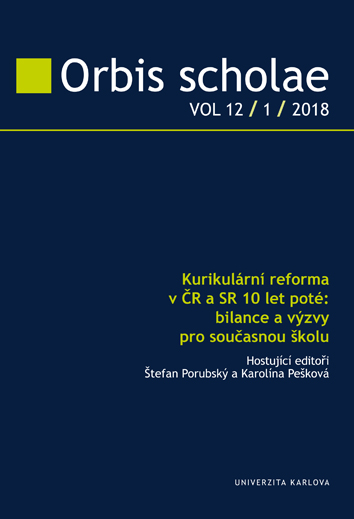Rámcové vzdělávací programy a paradigma světových náboženství
Framework Education Programmes and the World Religions Paradigm
Author(s): Jakub HavlíčekSubject(s): Essay|Book Review |Scientific Life
Published by: Univerzita Karlova v Praze, Nakladatelství Karolinum
Keywords: cultural criticism; curriculum; framework educational programs; humanities; religions; stereotypes; study of religions; taxonomy; world religions paradigm
Summary/Abstract: The paper deals with the world religions paradigm (WRP) in education on religions in the Czech education. The paper summarizes the criticism of WRP in the study of religions. The WRP formed in the 19th century under strong influence of Christian theology and colonialism, there are no objective criteria for its defining, it is highly abstract, ahistorical and it leads to essentialism and normative understanding of religions. The analysis of framework education programmes reveals that the WRP is applied in this curricular documents. The framework programme for basic education covers Christianity, Judaism and Islam, while Christianity has a privileged position. Framework programme for secondary education connects religions with the concept of civilization circles. World religions, understood in essentialistic and highly abstract terms, represent a basis for culture circles. This concept corresponds with the model of world civilizations by S. P. Huntington. In this perspective, world civilizations are based on religious traditions of WRP. European civilization is founded on Christianity, other religions are represented as aliens. The WRP in framework programmes enables formation of stereotypes on religious traditions and identities.
Journal: Orbis scholae
- Issue Year: 12/2018
- Issue No: 1
- Page Range: 51-67
- Page Count: 17
- Language: Czech

